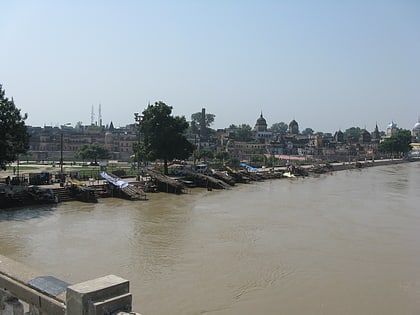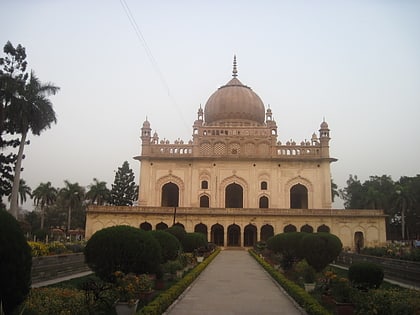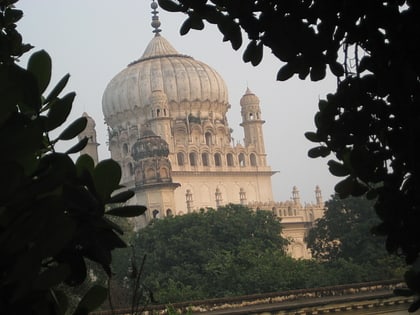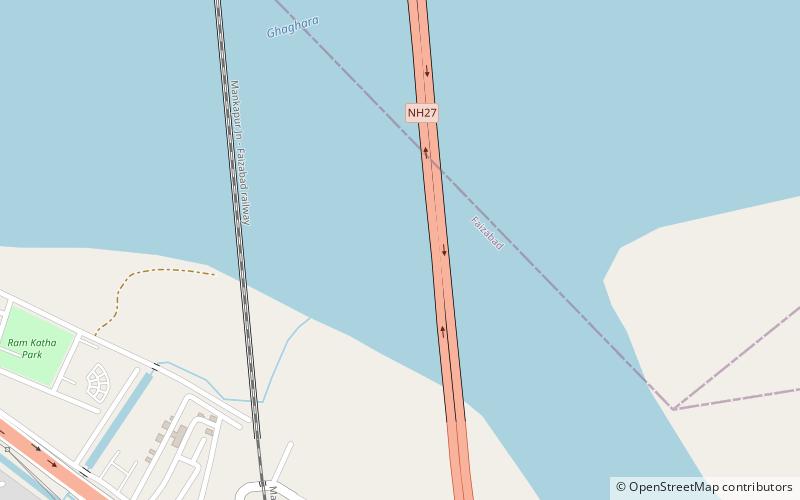Dhanadeva, Faizabad
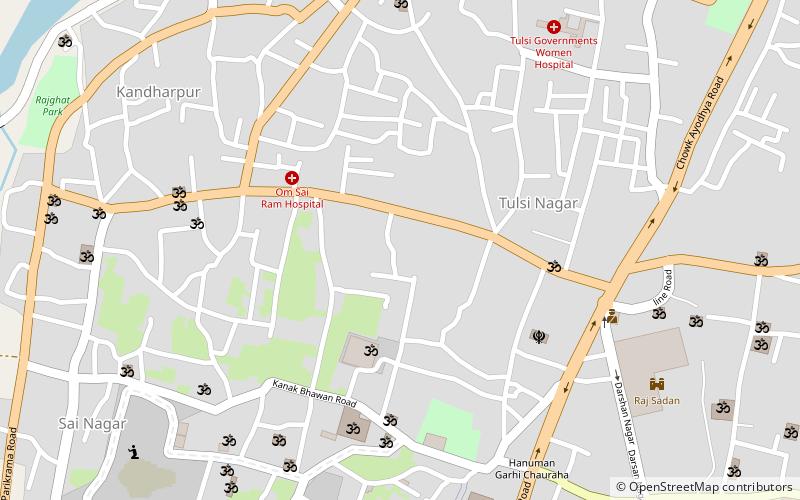
Facts and practical information
Ayodhya Inscription of Dhana is a stone inscription related to a Hindu Deva king named Dhana or Dhana–deva of the 1st-century BCE or 1st century CE. He ruled from the city of Ayodhya, Kosala, in India. His name is found in ancient coins and the inscription. According to P. L. Gupta, he was among the fifteen kings who ruled from Ayodhya between 130 BCE and 158 CE, and whose coins have been found: Muladeva, Vayudeva, Vishakadeva, Dhanadeva, Ajavarman, Sanghamirta, Vijayamitra, Satyamitra, Devamitra and Aryamitra. D.C. Sircar dates the inscription to 1st-century CE based on the epigraphical evidence. The paleography of the inscription is identical to that of the Northern Satraps in Mathura, which gives a 1st century CE date. The damaged inscription is notable for its mention of general Pushyamitra and his descendant Dhana–, his use of Vedic Ashvamedha horse to assert the range of his empire, and the building of a temple shrine. ()
Faizabad
Dhanadeva – popular in the area (distance from the attraction)
Nearby attractions include: Ram Janmabhoomi, Ayodhya, Gulab Bari, Bahu Begum ka Maqbara.

